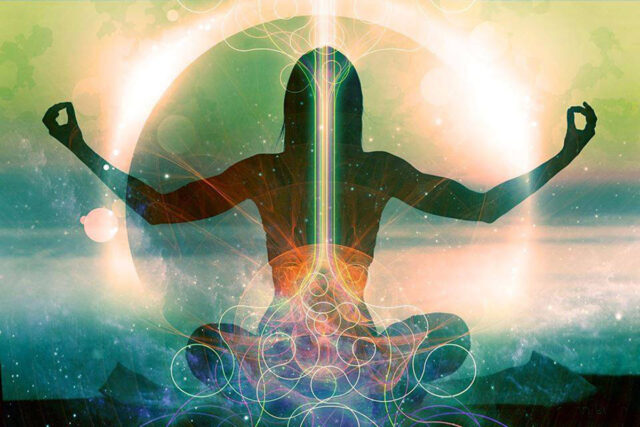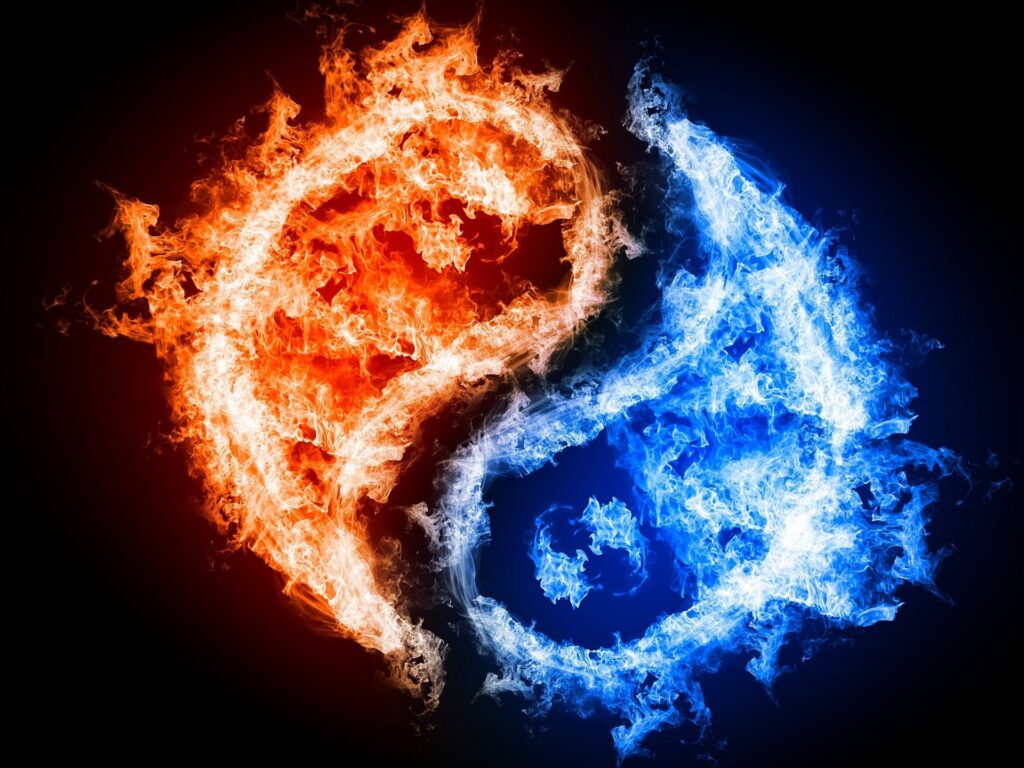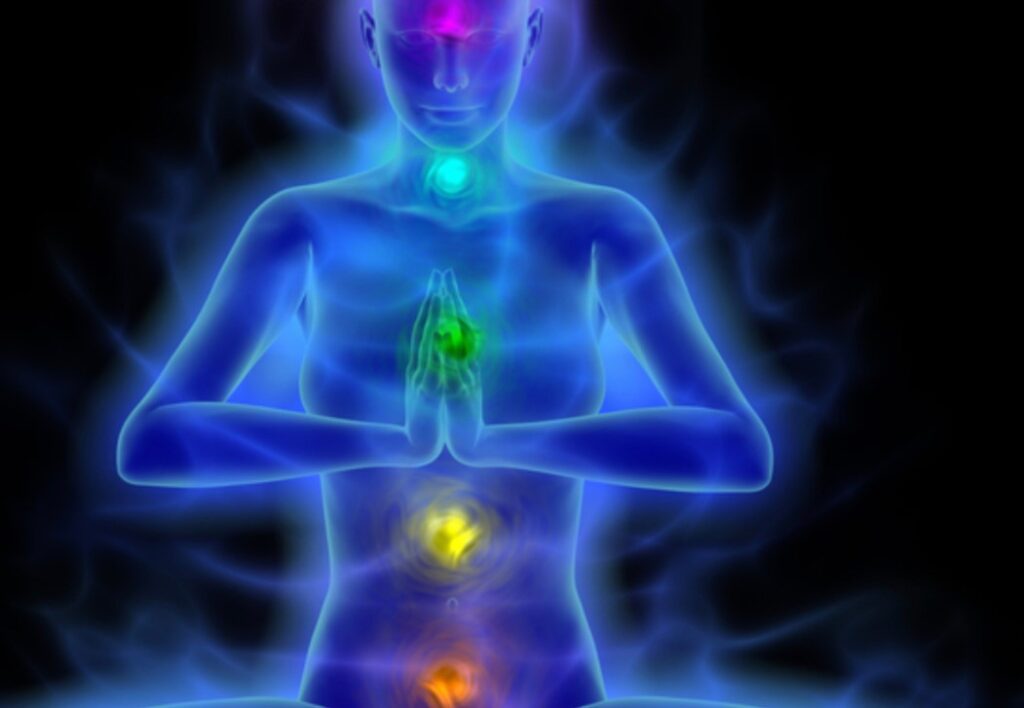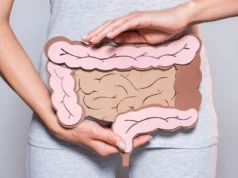
If you feel exhausted and stressed because of work, family problems, or simply because of the fast life we all live pressure you too much – don’t worry, you’re not the only one. We all kind of feel the same.
However, if you have some unpleasant emotions or physical symptoms it does not always have to be due to external factors. It is sometimes a clear sign that your chi is out of balance and that you need to do something about it to feel good again.
You don’t know what chi is? Chi refers to the inner, spiritual energy that conditions optimal health and well-being. Keep reading to learn more about the common misconceptions about chi energy.
First of all, what exactly is chi energy?

Chi is a term used in traditional Chinese medicine to describe the life energy that flows through the body and provides it with health and well-being. It is believed that this current passes through all parts of your body and fills them with power, but only when it is in balance and when it is strong enough.
Due to the influence of various external and internal influences, your chi can weaken, which further leads to stagnation in the body. When there is no optimal flow of chi energy, it means that there is no good health and vitality. We can say that chi is a basic measure of well-being and the functioning of the body.
Common misconceptions about chi energy
1. Chi energy exists only in Chinese culture

Although chi originates from Chinese culture, it is not true that it exists only within the therapeutic approaches of this country. Chi is also present in other Eastern cultures, such as Indian and Japanese, only under a different name.
The Indians denote chi energy from ‘prana’, while the Japanese call it similarly to the Chinese: ‘ki’. However, you will often encounter chi in Western countries where this form of energy is referred to as the life force.
In each of these countries, these different names mean the same thing: the internal current that moves through the blood and thus becomes an integral part of our soul, body, and mind. If we want to maintain good health and a good feeling inside, it is necessary to make sure that the chi energy always flows so that there are no setbacks and consequent health problems.
2. There is no difference between chi and qi

A term that sounds quite similar to chi energy is ‘qi’ – another very important factor in traditional Chinese medicine. And you may hear from people that they equate those two things and think they are synonyms.
However, this is not entirely true. Although the two terms are quite related there is a clear difference between them. Chi refers to the physical force and energy that passes through the body and fills it. To be healthy chi must be in balance and constant flow. Qi refers to the process by which that balance is established.
So, although they sound similar and signify similar things there is a difference between them: one relates to energy and the other to the process of re-establishing the flow of energy.
3. It is not possible to re-establish chi using external influences

Another common misconception is that, given that chi is a current that flows through the interior of our body, it is not possible to re-establish it using external influences. However, this is far from the truth. The fact is that you can do a lot to help your body bring chi into balance. We will list only some of them:
Optimal diet

You are what you eat, remember? This saying can be fully applied to this story as well. It is believed that a balanced diet rich in nutrient-rich foods can be of great help in restoring chi balance.
If you are feeling anxious, frustrated, and as if you have no energy, we suggest that you avoid processed foods such as sweets, bakery products, and snacks, and include fruits, vegetables, cereals, and smaller amounts of meat and fish in your diet.
Of course, avoid overeating to help your body as much as possible and avoid side effects. There are also certain foods that can be helpful in stimulating chi flow, such as Ormus.
Practicing Tai chi and yoga

One of the best and most effective activities aimed at preventing chi blockages and restoring energy flow is certainly Tai Chi. Tai Chi was originally a form of martial arts, but today it represents something a little different. It refers to slow exercises that are performed mindfully and are accompanied by deep breathing.
Tai Ch strengthens muscles, improves circulation, and helps to restore chi. Yoga also includes a series of exercises performed in combination with deep breathing but is completely different from Tai Chi. In yoga, silence and slow movement are key to achieving the desired effect.
The movements are performed for a long time, and the goal is to find balance and achieve inner peace. What these activities have in common is that they can be of great benefit to chi energy and help you remove blockages that negatively affect your health.
There are other factors that can positively affect chi, such as breathing exercises, meditation, and rest. As you can conclude, all of these activities aim to calm the body, bring your thoughts into the present moment, and make you feel instantly better. And this is because they positively affect the flow of chi and return your body to balance in this way.
Conclusion
Although in the fast-paced world we live in there are a number of factors that adversely affect our body, health, and feeling from within, it is important to keep in mind that the problem lies inside our bodies. Chi energy refers to the lifestream that flows through all parts of the body and ensures good health and well-being.
When it stagnates, many problems can arise, and you may notice them in the form of physical or mental symptoms. There are many misconceptions about chi energy and we think it is important for you to know the right information so that you can help your body in the best way.













